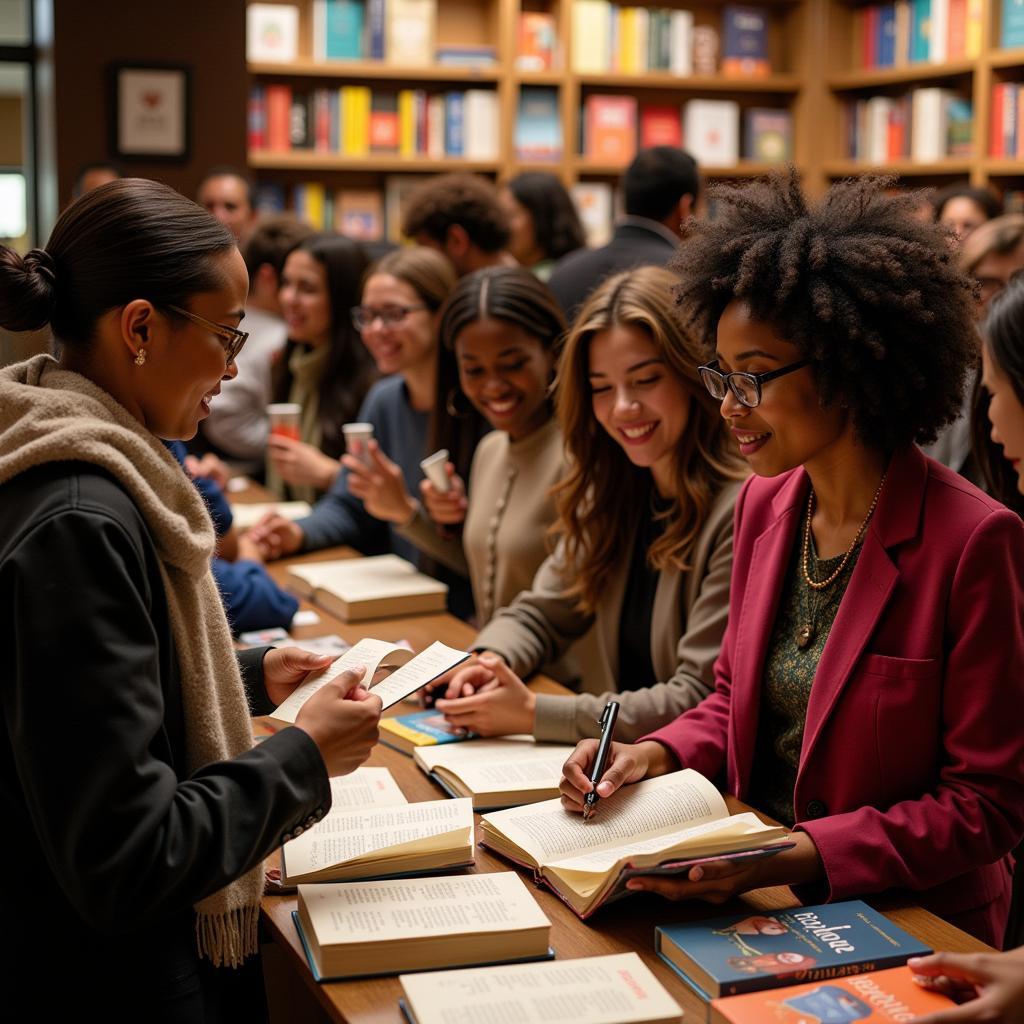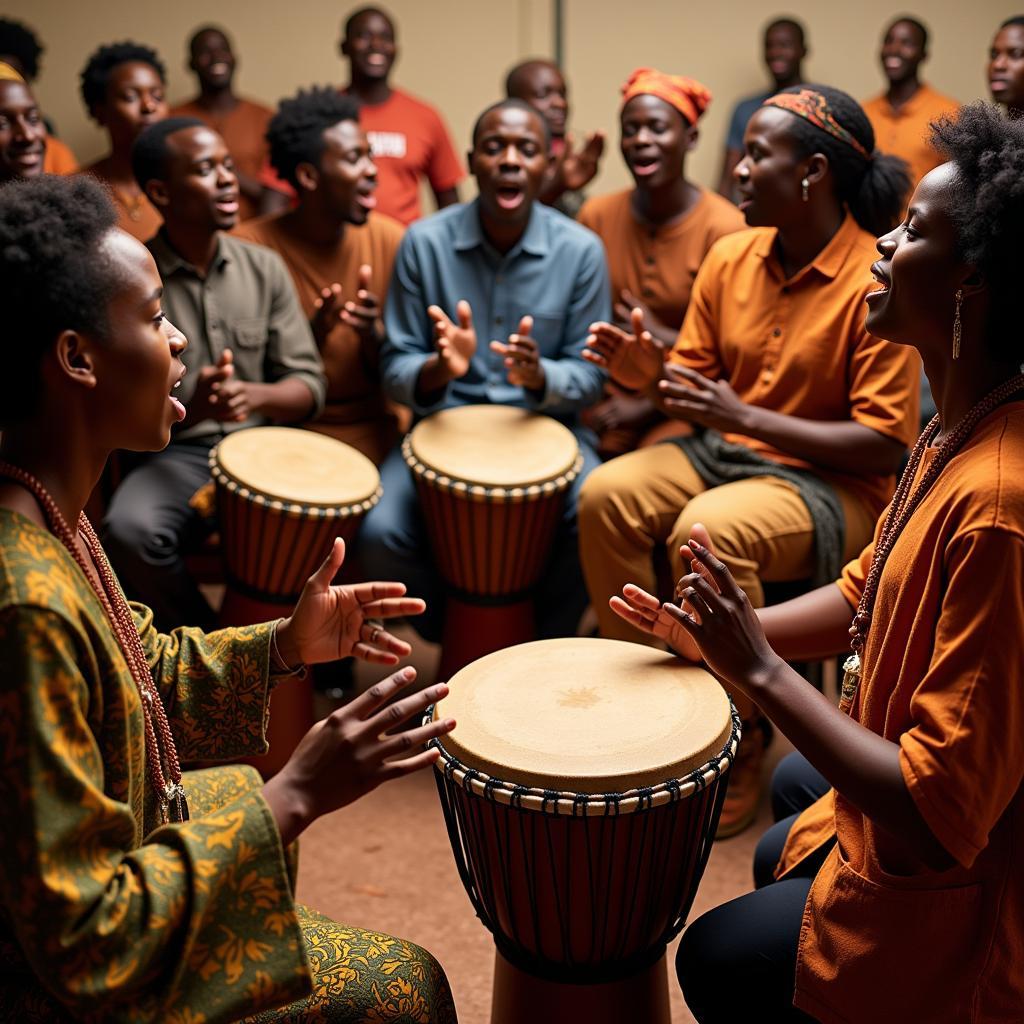The Power of the Pen: Exploring African American Poems About Education
From the Harlem Renaissance to the Black Arts Movement and beyond, African American poetry has been a powerful tool for expression, resistance, and social commentary. Education, a recurring theme within this rich literary tradition, takes center stage as poets explore its transformative power, the systemic barriers faced, and the enduring hope for a brighter future.
A Legacy of Literacy: Early Voices and Struggles
For African Americans, the pursuit of education has been a fight against historical injustices, starting with the brutal legacy of slavery that outlawed literacy for enslaved people. Early poems, often tinged with sorrow and anger, reflect the struggle for basic educational rights. Figures like Phillis Wheatley, whose elegant verse challenged the racist assumptions of her time, and Frederick Douglass, who eloquently articulated the dehumanizing impact of denying education to enslaved people, stand as towering figures in this early period. Their words served as both a testament to the human spirit’s yearning for knowledge and a searing indictment of the systems designed to oppress.
Lifting the Veil: Education as Liberation in the Harlem Renaissance
The Harlem Renaissance marked a turning point. Poets like Langston Hughes, Countee Cullen, and Claude McKay embraced education as a path to liberation and self-discovery. Hughes’ “Theme for English B,” for example, poignantly captures the complexities of a young Black student navigating a predominantly white educational space. This era saw the emergence of numerous poems that celebrated Black intellectualism, challenged racist stereotypes, and explored the richness of African American culture and history.
A Force for Change: Education and the Civil Rights Movement
The Civil Rights Movement saw a resurgence of poems that directly confronted the inequalities within the American education system. Maya Angelou’s powerful words in “Still I Rise” resonate with the determination to overcome adversity and fight for equal opportunities. Similarly, Nikki Giovanni’s revolutionary poetry challenged the status quo, urging Black communities to take control of their narratives and educational futures. These poets used their platform to advocate for quality education as a fundamental right, essential for social justice and equality.
Navigating New Terrain: Contemporary Voices on Education
Contemporary African American poets continue to grapple with the complexities of education. From the classrooms to the streets, their poems address issues like the school-to-prison pipeline, the underrepresentation of Black students and educators in higher education, and the ongoing struggle for educational equity. Poets like Danez Smith, Jacqueline Woodson, and Jason Reynolds, writing for younger audiences, tackle these themes with honesty and sensitivity, offering hope and inspiration to a new generation.
Frequently Asked Questions about African American Poems on Education
1. What are some common themes found in African American Poems About Education?
Common themes include the historical struggle for educational access, the transformative power of knowledge, the impact of systemic racism on educational opportunities, and the importance of education for liberation and empowerment.
2. Are these poems relevant today?
Absolutely. These poems continue to resonate with contemporary readers as they address ongoing issues of educational inequality, systemic racism, and the fight for social justice. They provide historical context, offer critical perspectives, and inspire action.
Exploring Further: Related Resources
To delve deeper into this topic, consider exploring the works of other notable African American poets like Gwendolyn Brooks, Paul Laurence Dunbar, and Rita Dove. You can also find valuable insights in scholarly articles and books that analyze the role of education in African American literature.
Need more recommendations for captivating reads? Explore our curated lists of African American books for 7th graders and a comprehensive 6th-grade African American reading list. For a deeper understanding of the profound meaning behind the “African Child” poem, check out our article on the African child poem meaning.
Interested in learning more about the contributions of African American female writers of the 19th century? Our dedicated article provides a compelling overview of these pioneering voices. And to gain a broader perspective on the multifaceted experiences of the African American man, our comprehensive piece offers valuable insights.
Continuing the Conversation: Education as a Catalyst for Change
African American poems about education serve as powerful reminders of the ongoing struggle for equity and the transformative power of knowledge. By amplifying these voices, we contribute to a broader conversation about the importance of education in shaping a more just and equitable future for all.

